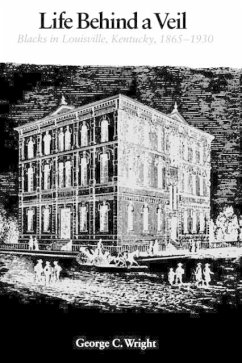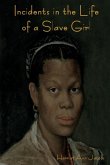In the period between the Civil War and the Great Depression, Louisville, Kentucky, was host to what George C. Wright calls "a polite form of racism." There wre no lynchings or race riots, and to a great extent, Louisville blacks escaped the harsh violence that was a fact of life for blacks in the Deep South. Furthermore, black Louisvillians consistently enjoyed and exercised an oft-contested but never effectively retracted enfranchisement. However, their votes usually did not amount to any real political leverage, and there were no radical improvements in civil rights during this period. Instead, there existed a delicate balance between relative privilege and enforced passivity. In Life Behind a Veil, George Wright looks at the particulars of this form of racism. He also looks at the ways in which blacks made the most of their less than ideal position, focusing on the institutions that were central to their lives. Blacks in Louisville boasted the first library for blacks in the United States, as well as black-owned banks, hospitals, churches, settlement houses, and social clubs. These supported and reinforced a sense of community, self-esteem, and pride that was often undermined by the white world. Life Behind a Veil is a comprehensive account of race relations, black response to white discrimination, and the black community behind the walls of segregation in this border town. The title echoes Blyden Jackson's recollection of his childhood in Louisville, where blacks were always aware that there were two very distinct Louisvilles, one of which they were excluded from.
Bitte wählen Sie Ihr Anliegen aus.
Rechnungen
Retourenschein anfordern
Bestellstatus
Storno









